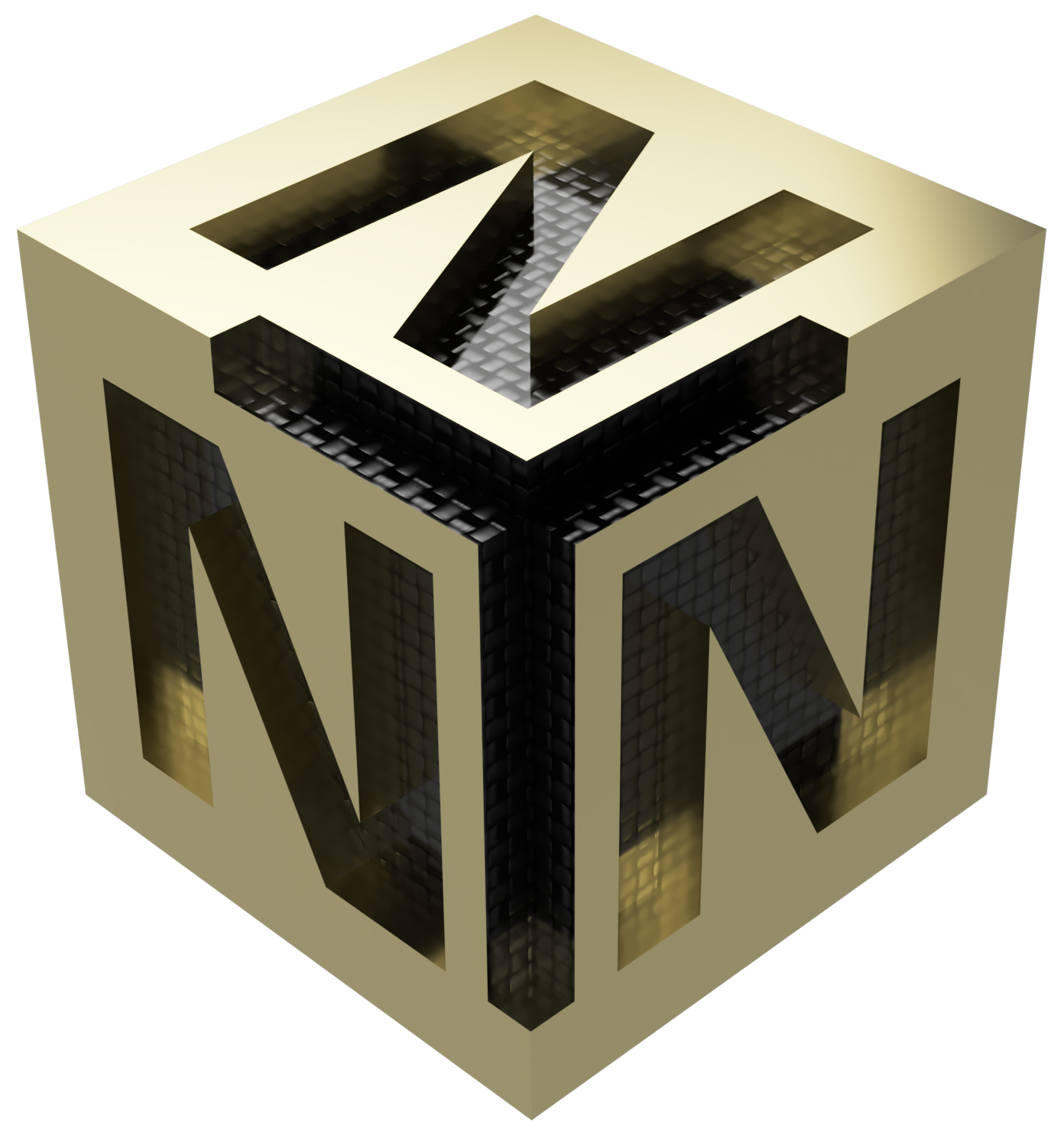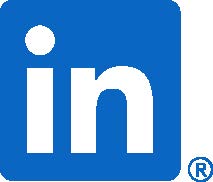TNNN Conference
Conference Overview
Join TNNN for our 3rd annual conference to be held at UiO Campus Blindern, Oslo 6th- 8th of June 2024. This year’s conference is a part of Oslo Science Week which also includes the Nordic Nanolab User’s Meeting (3-4 June) and Sintef’s Sensor Decade (5-6 June). If you’re able to attend all three, this is a great opportunity to participate in a full week of exciting science and expand your network. If you can only attend one, make it TNNN Oslo 2024!
We’re looking forward to more amazing student posters and talks as well as plenty of synergy with Sintef’s Sensor Decade. If you’ve attended a previous TNNN conference, you can look forward to building on the relationships and experiences from Trondheim and Vestfold, and if it’s your first TNNN conference come ready to make connections, talk science, and enjoy two plus days of great programming.
Registration and abstracts
Conference registration includes all meals and activities during the conference (coffee, snacks, lunch, dinner, museum tour, etc.). The registration fee is 1500 NOK for PhD candidates and postdocs and 2500 NOK for all other participants. TNNN will cover 2 nights of hotel for PhD candidates travelling to the conference from outside the Oslo area- please see Lodging section below for details. Registration deadline is April 2nd for PhDs needing complimentary accommodation and May 1st for all others.
PhD candidates and postdoctoral researchers are invited to submit an abstract for a talk and/or poster. The abstract submission deadline for talks has been extended until May 1st, and for posters it is May 15th. All poster abstract submissions will receive a poster slot. The poster session will immediately follow the joint session with Sensor Decade and will allow for extended interaction with the industry attendees. There are a limited number of talk slots. If you submit an abstract for a talk, and it is not selected, you will automatically be assigned a poster. If your abstract is selected for a talk, we encourage you to also present a poster based on the same abstract. Talks are 10 + 2 minutes and should be oriented to a general scientific audience. Posters should be size A0 in portrait orientation. Submit your abstract via the form on the right-hand side of this page.
Please note, the TNNN Conference is open to members of the research school. You must be affiliated with a Norwegian university to be a member. You can learn more about membership and register here https://www.ntnu.edu/tnnn/membership.
Location and overview
- Thursday 06th of June:
- 12:00-15:00 Lunch and concurrent session with Sensor Decade, Ole Johan Dahles hus, Gaustadalléen 23B, UiO Campus Blindern. The concurrent session with Sensor Decade will allow for exciting synergies with industry and attendees. Representatives from the following industry will attend: Sony, Kongsberg, Tomra, Jotne, Inventas, HySpex, CENSSS, Zimmer & Peacock, Memscap, Safran Sensor Technologies, Equinor and Disruptive Technologies. Sensor technology will be the main focus for Thursday’s talks, but with the poster session afterwards and Friday’s diverse lineup of student talks, there is something for everyone
- 15:00-20:00 Poster session and finger food, MiNa Lab, Gaustadalléen 23C, UiO Campus Blindern.
- Friday 07th of June:
- 8:00-17:00 Main conference day, contributed and invited talks, Kristen Nygaards hus, Gaustadalléen 23A, UiO Campus Blindern.
- 19:00 - Conference dinner. Vaaghals, Dronning Eufemias gate 8.
- Saturday 08th of June:
- 09:00 – 12:00 Social and scientific activity. TBA
Conference program
Program is subject to change
| 10:00 | Registration, etc. available all day |
| 10:30 | Session 0: Sensor Decade |
| 11:30 | Lunch with trade exhibition |
| 12:30 | Session 1: Medical/sensors |
| Invited talk: Matthias Busek | |
| Contributed talk 1 | |
| Contributed talk 2 | |
| 13:30 | Coffee break |
| 14:00 | Session 2: Bio/sensors |
| Invited talk: Andreas Hierlemann | |
| Contributed talk 1 | |
| Contributed talk 2 | |
| 15:15 | Industry talk: NanoFrazer |
| 15:30 | Posters with food and drinks |
| 18:30 | PhD committee organized social gathering |
Program is subject to change
| 09:00 | Session 3: Careers, publishing, funding |
| Invited talk: Gemma Soloman | |
| Invited talk: Nina Arnfinnsdottir | |
| Contributed talk | |
| 10:15 | Coffee break |
| 10:45 | Session 4: Physics |
| Invited talk: Jill Miwa | |
| Contributed talk | |
| Contributed talk | |
| Contributed talk | |
| 12:15 | Lunch |
| 13:30 | Session 5: Chemistry |
| Invited talk: Paul May | |
| Contributed talk | |
| Contributed talk | |
| Contributed talk | |
| 15:00 | Coffee break |
| 15:30 | Session 6: Applied |
| Invited talk: Kristin Bergum | |
| Contributed talk | |
| Contributed talk | |
| Contributed talk | |
| 17:00 | Mingling |
| 18:30 | Conference dinner |
| 21:00 | Social gathering in Oslo - location TBD |
Program is subject to change
| 9:30 | Visit to Technical Museum |
| 12:00 | Lunch for those attending the museum trip |
Lodging
PhDs travelling to the conference from outside the Oslo area will have their accommodation reserved and covered by TNNN at the Thon Hotel Gyldenløve. This is requested during registration. For those PhDs requesting accommodation, please pay special attention to the registration deadline. If you will finish your PhD at any time during 2024, you are included as a PhD for accommodation purposes.
All other participants should reserve their own accommodation. While Oslo has ample hotel options, summer is a busy time of year, and we recommend reserving your room as early as possible.
Travel
Public transportation in Oslo is readily available. Routes can be chosen and tickets purchased using the Ruter app (https://ruter.no/reise/ruter-appen/). If travelling to the conference from outside the Oslo area, we encourage our members to take the train whenever feasible. We will have a prize drawing during the conference open to those who utilize the train for at least one way of their travel.
Invited speakers
Paul May, University of Bristol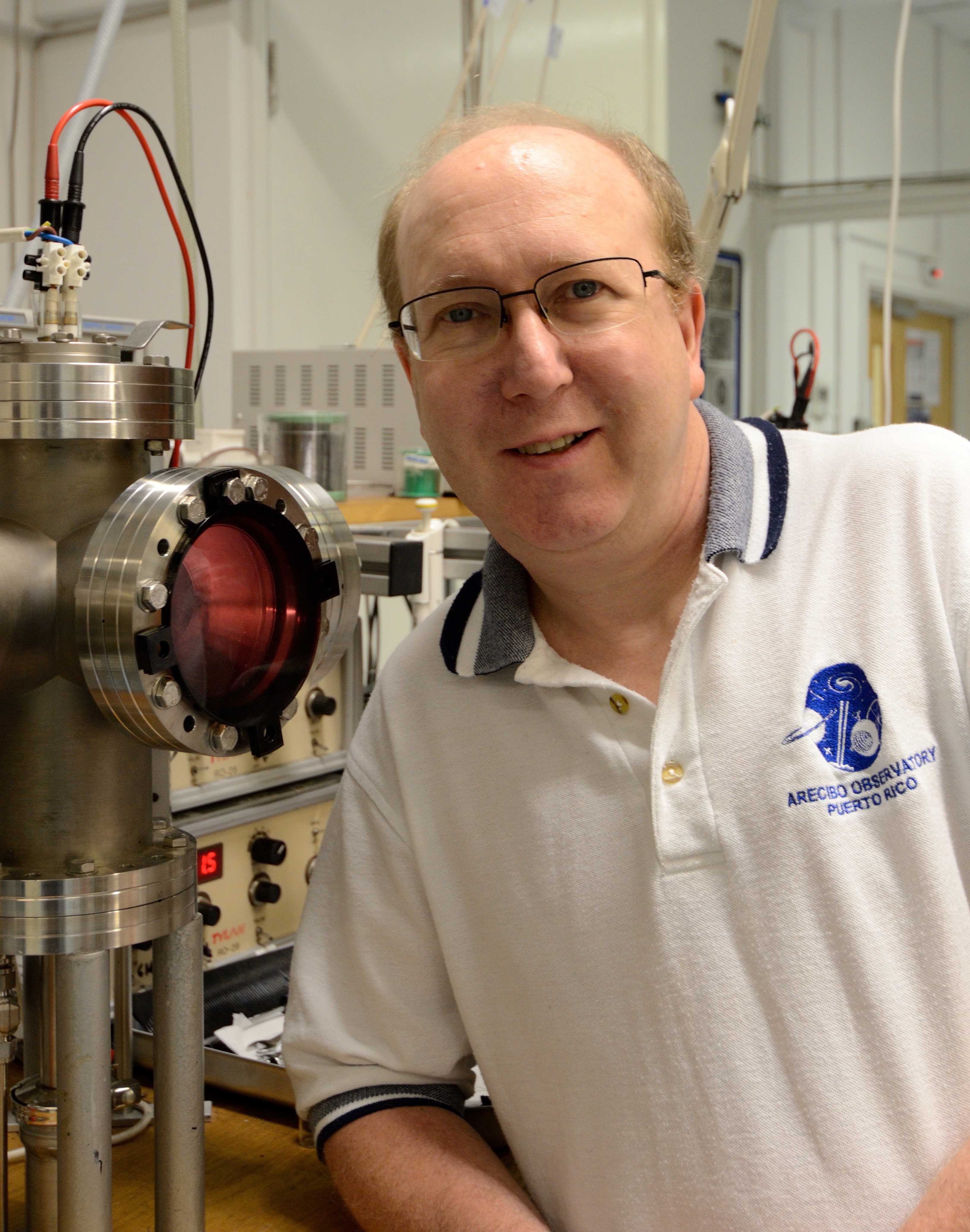
Title: Grow your own diamonds (or: An introduction to the deposition of thin diamond films)
Paul May received his PhD in 1991 at the University of Bristol in the area of plasma etching of semiconductors. He then co-founded the CVD diamond group there with Prof Mike Ashfold FRS. He later received a Ramsay Memorial Fellowship, followed by a Royal Society University Research Fellowship, which allowed him to expand the Bristol diamond activities into a self-contained research group within the department. Paul became a full-time lecturer in 1997, and a Professor in Aug 2009. The Bristol CVD diamond group is now one of the largest university diamond research groups in the UK. Paul’s research focuses upon CVD diamond, but nevertheless remains very diverse, being partway between chemistry, physics, materials and engineering plus some biology and medical applications. Over the years, he has studied the fundamental chemistry of diamond growth via experiment and computer modelling, doping of diamond, X-ray lenses, bioimplants, antimicrobial coatings, microplasma generation, large-surface-area BDD electrochemical electrodes, and most recently, metal adsorption onto diamond for NEA and thermionic emission applications. He has published nearly 250 scientific papers in peer-reviewed journals, along with several book chapters. He is also noted for his use of the web, particularly websites such as the ‘Molecule of the Month’ and the (infamous) ‘Molecules with Silly or Unusual Names’, both of which are also available in book form.
Mathias Busek, University of Oslo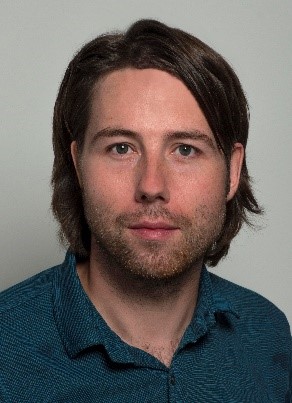
Title: Organ-on-chip meets sensor technology - applications and use-cases for (bio) sensors in preclinical testing
Mathias Busek is a postdoctoral researcher with a strong focus on microfabrication and design of Organ-/Lab-on-a-Chip systems and 12-years experience in research and development. Mathias received his Master's and PhD in Electrical Engineering from the Technical University (TU) Dresden in 2009 and 2018. During his first scientific appointment at the TU Berlin, he pioneered a micro-pneumatic organ-on-a-chip platform that is now commercially used for drug testing by TissUse GmbH. Later, he was project manager at the Fraunhofer Institute of Material Science and Beam Technology (IWS) in Dresden and lab manager for polymer microfabrication at the chair of Microsystems at the TU Dresden. In 2020, he was awarded a Scientia/Marie-Curie postdoc fellowship at the Hybrid Technology Hub – Centre of Excellence at the University of Oslo. He is currently developing a pump-free organ-on-a-chip platform.
Andreas Hierlemann, ETH Zürich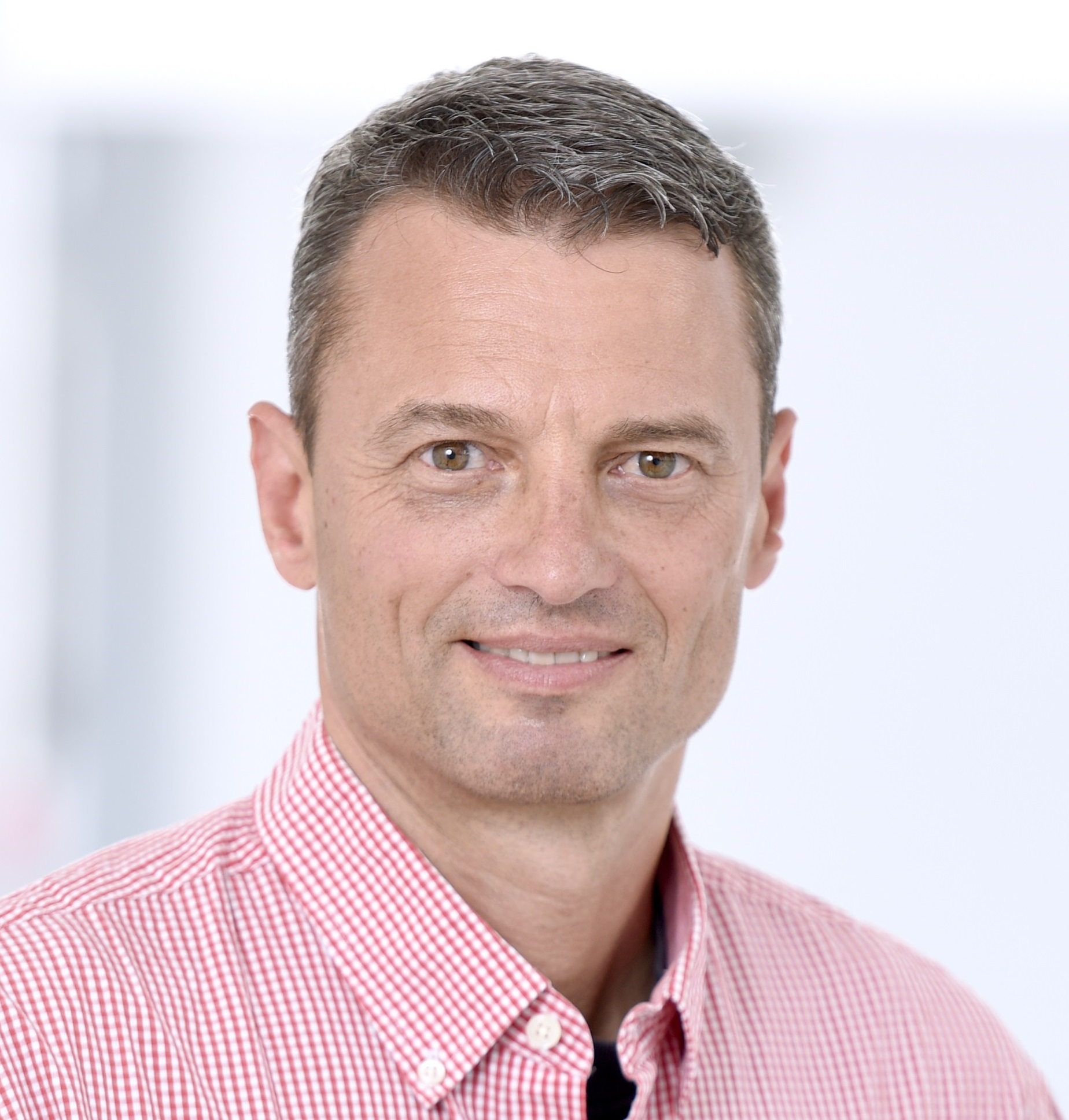
Title: Microtechnology and microelectronics to characterize neurons and networks at subcellular resolution
Andreas Hierlemann got his college education in chemistry at the University of Tübingen, Germany and a Ph.D. degree in 1996. He held Postdoc positions 1997 at Texas A & M University, College Station, TX and 1998 at Sandia National Laboratories, Albuquerque, NM, USA. He joined the Department of Physics of ETH Zurich 1999, where he was appointed Associate Professor 2004. In 2008, he became Full Professor in the Department of Biosystems Science and Engineering of ETH Zurich in Basel. His research interests include the development and application of microsensor, microfluidic, and microelectronic technologies to address questions in biology and medicine with applications in the fields of systems biology, drug testing, personalized medicine, and neuroscience. For details, see https://www.bsse.ethz.ch/bel/.
Jill Miwa, Aarhus University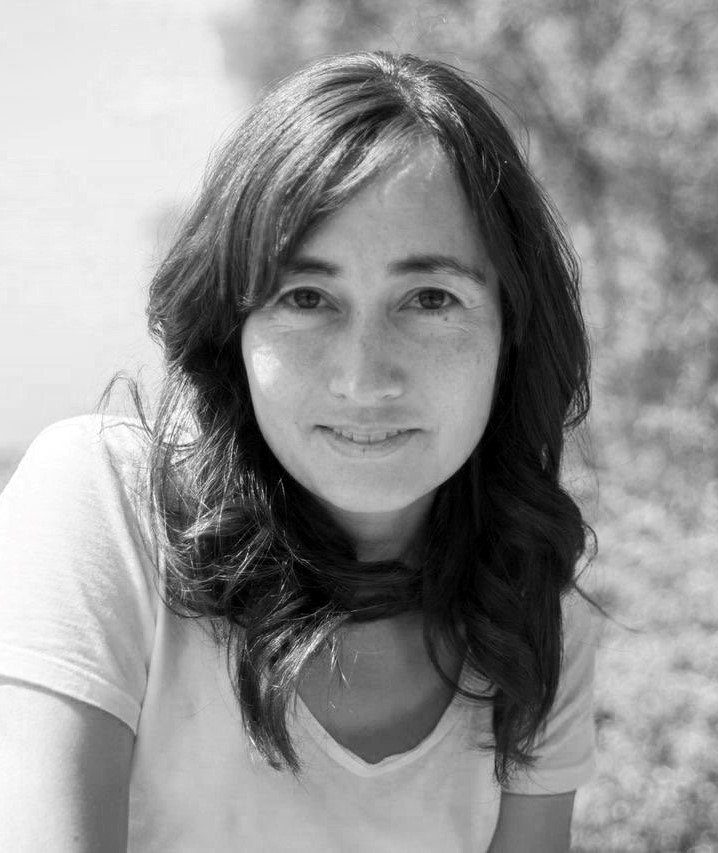
Title: Exploring quantum materials with microARPES at ASTRID2
Prof. Jill Miwa leads the experimental condensed matter physics group based at the ASTRID2 synchrotron at Aarhus University exploring the vibrant area of quantum materials research to uncover new physics. The group grow these materials and investigate their remarkable electronic and structural properties using a powerhouse combination of innovative surface scientific techniques, specifically, ultra-high vacuum variable-temperature scanning tunnelling microscopy (UHV VT-STM) and synchrotron-based angle-resolved photoemission spectroscopy with nanoscale spatial resolution (nanoARPES).
Gemma C. Solomon, University of Copenhagen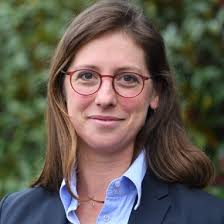
Kristin Bergum, University of Oslo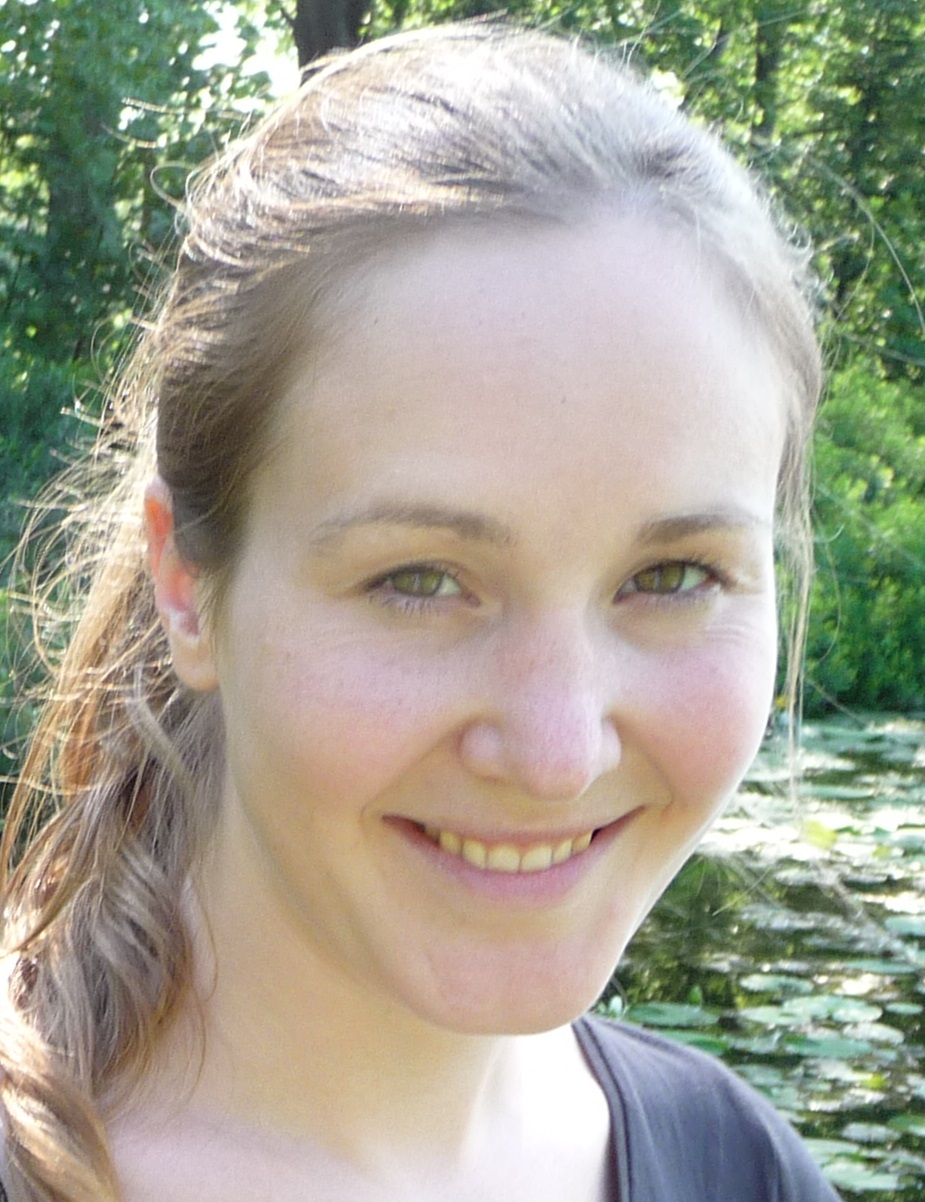
Nina Arnfinnsdottir, Forskningsrådet
Organizing committee
This year's conference is made possible by the hard work of the local organizing committee at the University of Oslo. This year's committee consists of Justin Wells, Håkon Røst, Simon Cooil, Elif Tezel and Alv Skarpeid.
Conference Registration
Deadline to register for PhD's who need hotel accommodation was April 2nd. Deadline for all others has been extended to May 1st.
Register here: https://ntnu.eventsair.com/tnnn2024/registration
Abstract Submission
Abstract Guidelines
- Length - no more than 1 page
- Inclusions - title, authors (presenter should be indicated with an *), affiliation, and content. Figures are encouraged.
- Font - no smaller than 11pt Times New Roman
- File name/type - yourlastname.firstname.pdf
- Deadline for submission for a talk has been extended to May 1st
- Deadline for submission for a poster is May 15th
